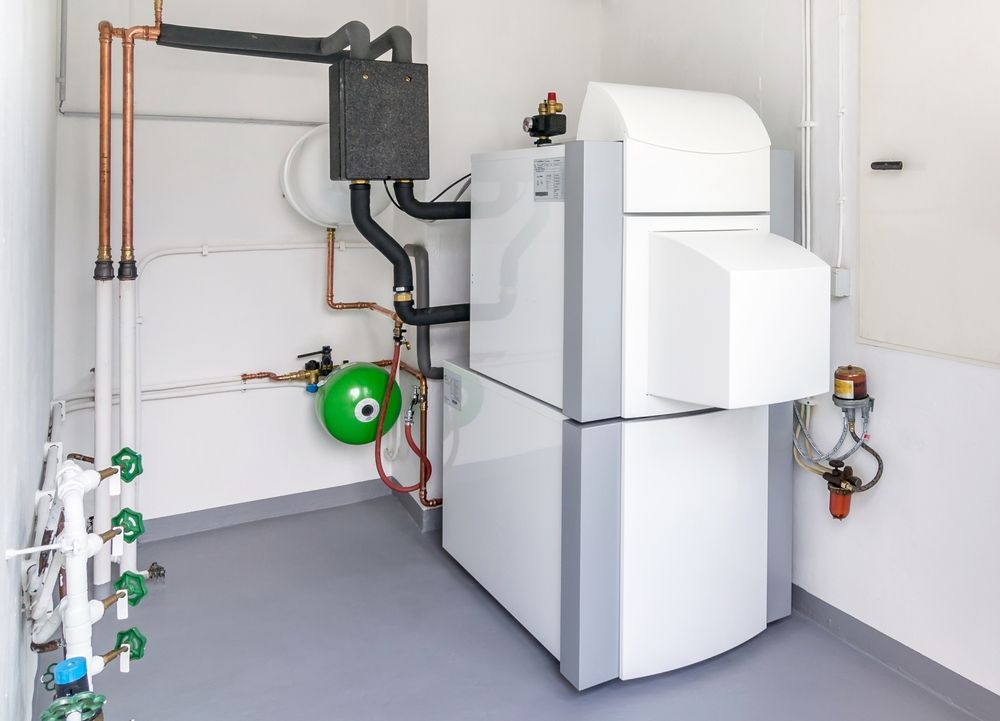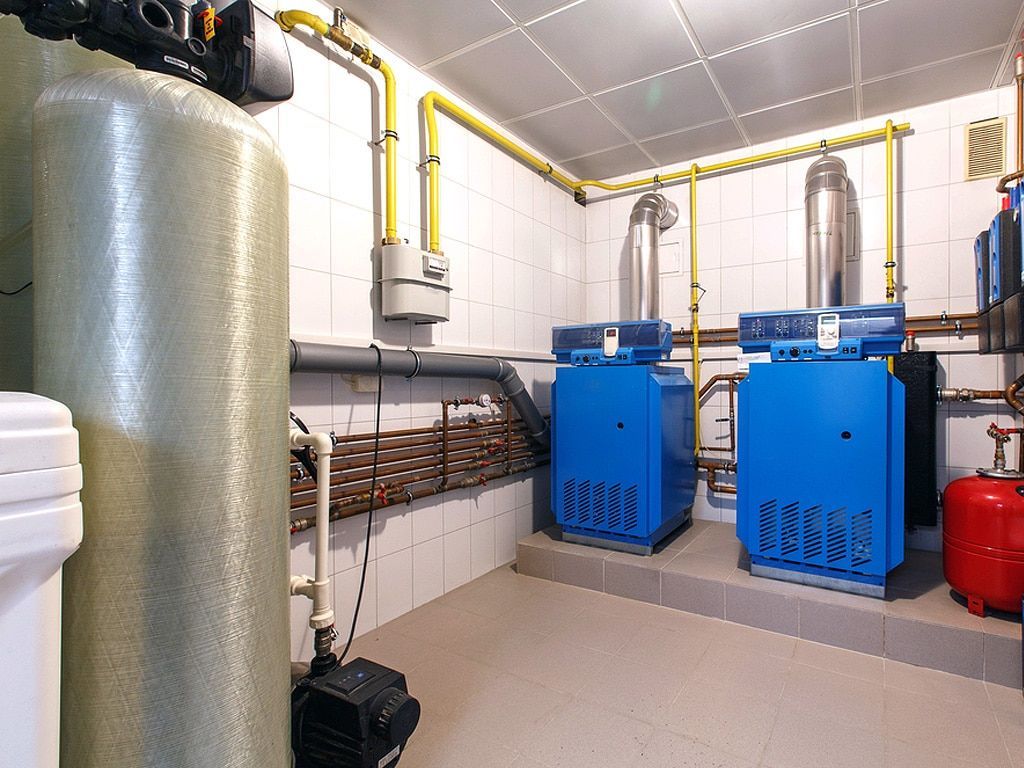Why Are New Boilers So Expensive? Exploring the Factors Behind the Cost

Boilers play a vital role in providing heating and hot water in residential and commercial buildings. If you're in the market for a new boiler, you may have noticed that they come with a hefty price tag. The cost of new boilers can vary significantly depending on various factors. In this article, we will explore the reasons why new boilers are often expensive and shed light on the factors that contribute to their cost.
1. Advanced Technology and Efficiency:
Modern boilers are designed with advanced technology and improved energy efficiency in mind. They incorporate features such as condensing technology, modulating burners, and intelligent controls that optimize fuel consumption and reduce energy wastage. The research, development, and implementation of these innovative technologies increase the manufacturing costs, which are ultimately passed on to the consumers.
2. Quality and Reliability:
Boilers are complex systems that require precision engineering and high-quality components to ensure reliable operation. The materials used in manufacturing boilers, such as heat exchangers, pumps, valves, and electronics, must meet strict industry standards to ensure safety and longevity. Investing in top-quality materials and components increases the production costs, contributing to the higher price of new boilers.
3. Compliance with Regulations and Standards:
Boiler manufacturers must adhere to various regulations and standards to ensure that their products meet safety and efficiency requirements. These regulations often involve rigorous testing, certification, and compliance procedures. Compliance with these regulations requires additional investments in research, development, testing facilities, and certification processes, all of which add to the overall cost of manufacturing boilers.
4. Skilled Labor and Expertise:
The installation and servicing of boilers require skilled labor with specialized knowledge and expertise. Certified technicians, engineers, and installers undergo training and certification processes to ensure they can handle the complexities of boiler installations and maintenance. The cost of their training, ongoing education, and expertise is factored into the overall cost of the boiler.
5. Warranty and After-Sales Support:
Reputable boiler manufacturers provide warranties and after-sales support to ensure customer satisfaction and peace of mind. These warranties often cover a specified period, during which the manufacturer takes responsibility for repairing or replacing faulty components. The cost of providing comprehensive warranties and responsive after-sales support is considered when pricing new boilers, contributing to the overall expense.
6. Market Demand and Supply:
Market demand and supply dynamics also influence the pricing of new boilers. Fluctuations in demand, availability of raw materials, and manufacturing capacities can impact the cost. When the demand for boilers is high, manufacturers may increase prices to capitalize on market conditions. Similarly, shortages of certain components or materials can drive up the production costs, leading to higher prices for consumers.
7. Installation and Additional Costs:
The cost of a new boiler doesn't solely include the price of the unit itself. Installation costs, additional accessories, and any necessary modifications to the existing heating system can add to the overall expenses. Factors such as the complexity of the installation, the type of fuel used, and the need for additional plumbing or electrical work can all contribute to the total cost.
8. Brand Reputation and Marketing:
Well-established boiler brands with a strong reputation for quality and reliability often command higher prices. These brands have invested in building their reputation over time, and customers are willing to pay a premium for the assurance of a reliable product. Additionally, marketing and advertising expenses associated with promoting the brand and its products are also taken into account when determining the price of new boilers.


